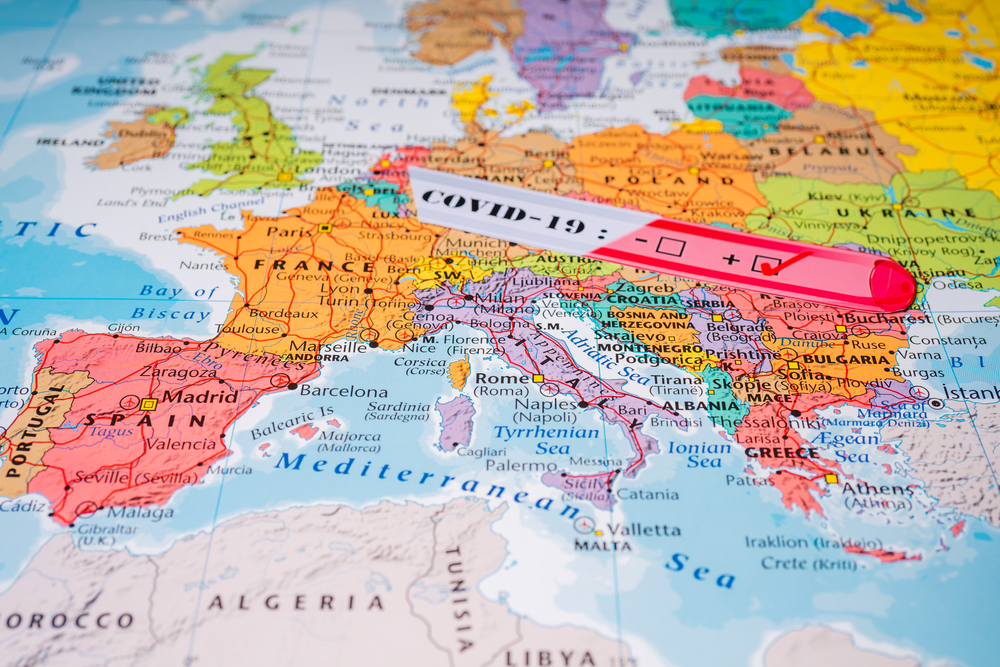
Elaine He summarizes in this piece for Bloomberg the evidence concerning European lockdowns.
She divides European states by fatalities and tries to match any success in dealing with the outbreaks with the “strictness” of a country response:
In Europe, roughly three groups of countries emerge in terms of fatalities. One group, including the U.K., the Netherlands and Spain, experienced extremely high excess mortality. Another, encompassing Sweden and Switzerland, suffered many more deaths than usual, but significantly less than the first group. Finally, there were countries where deaths remained within a normal range such as Greece and Germany.
Yet the data show that the relative strictness of a country’s containment measures had little bearing on its membership in any of the three groups above
At the same time, “the most intense lockdowns look likely to suffer the most economically. What’s not clear yet is how much economic benefit countries with relatively lax curbs really stand to gain, given the integrated and trade-driven nature of the European economy.”
She reminds us that “the economic data for the lockdown period are only just appearing, and they may be revised substantially in the future given the obvious difficulties of collecting data during a pandemic”. Yet “the past few months suggest is that the economic cost is not the only downside to a draconian lockdown”. Indeed, psychological and non-Covid health costs may be relevant and begin to be more evident in a matter of weeks.

READER COMMENTS
Alan Goldhammer
May 22 2020 at 2:34pm
Alberto – I’m in to my ninth week of reading pre-prints on all things COVID-19 for my daily newsletter. If there is one constant that I’ve found throughout this time, it is the virus is a well-behaved example of the Rumsfeld Paradigm. I have given up on reading modeling papers unless they have a particularly catching title.
I am optimistic that the businesses can begin to reopen but pessimistic about the pace of recovery. My best guess is that we will have 12-15% unemployment by December and that many of those jobs will not be coming back. I don’t see the hospitality and travel sectors rebounding in the next 12 months.
John Alcorn
May 22 2020 at 7:51pm
Let’s not neglect the fact that Sweden’s approach involves scarcely any coercion and spares a polity contention (or even strife) about lockdown—and about complicated, thorny exit from lockdown.
Daniel Johnson
May 23 2020 at 6:22am
I think an important factor is how quickly countries responded to the pandemic. In Italy, at first they did not take the situation seriously, which led to so many deaths.
Thomas Hutcheson
May 23 2020 at 8:39am
How much of the supply shock is the result of “policy” as opposed to a) voluntary behavior change and b) direct effects of days of work lost due to illness? [The latter is vanishingly small,in my guess.] One of the great failures of epidemiological models is not to allow for “endogenous” behavior change.
Thomas Hutcheson
May 23 2020 at 8:42am
How much of the economic damage is the result of the supply shock and how much due to monetary policy failing to preserve constant growth in NGDP?
Comments are closed.